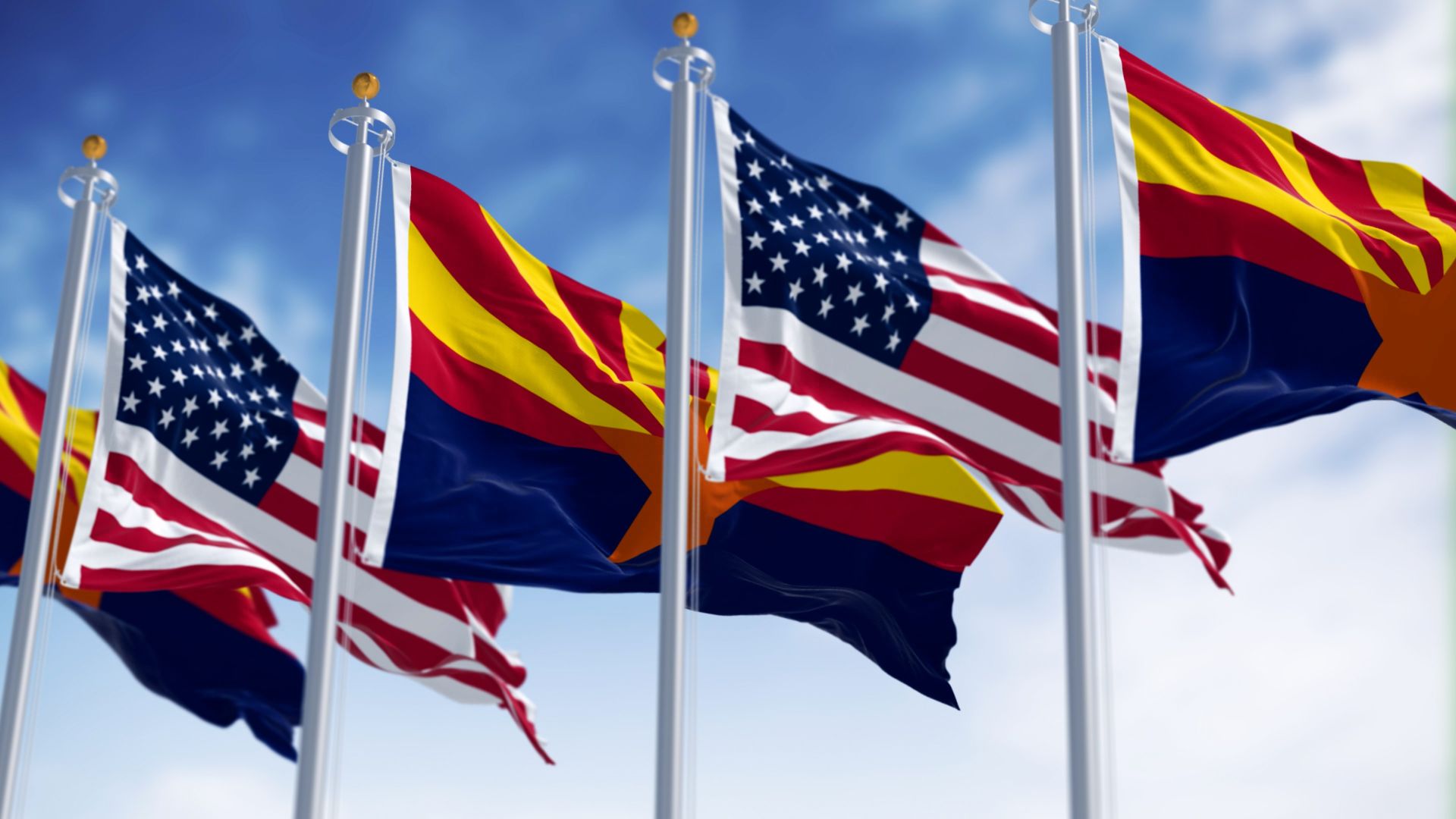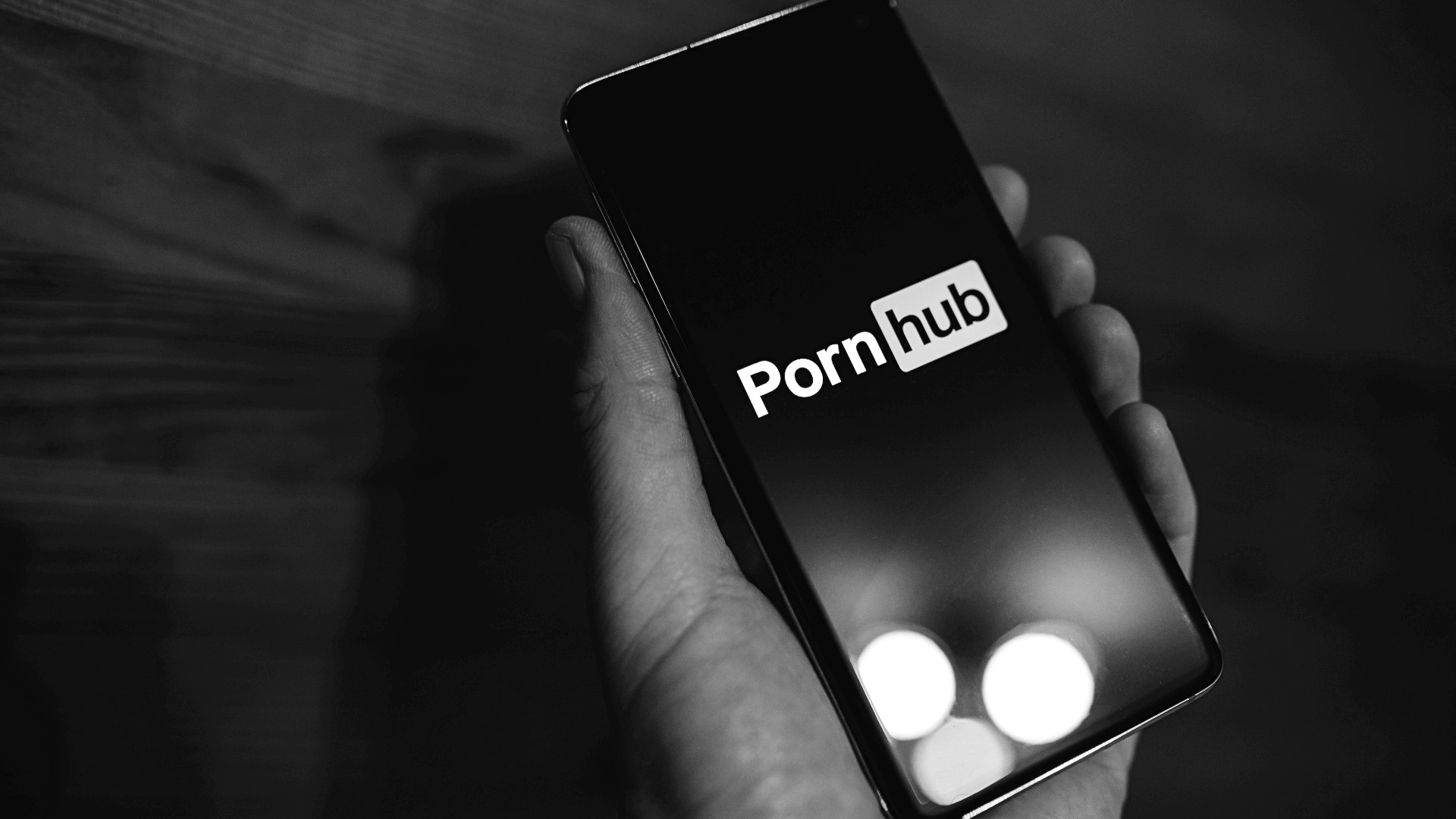People in Arizona will soon need to prove their age to access adult sites – and critics warn of privacy risks
The changes come into effect on September 26, and several adult content sites have already confirmed their response

- Arizona is set to enforce mandatory age verification to access adult-only sites starting on Friday, September 26
- Aylo, the owner of several large adult content sites, has already announced its decision to block all its content for all users based in Arizona
- While the law comes in a bid to protect children online, some experts warn of privacy implications
People in Arizona will soon need to be ready to prove they are over 18 to access adult-only sites.
Starting from Friday, September 26, the Arizona HB 2112 will require every site displaying at least 30% of adult-only content to scan a government ID or another "commercially reasonable method," such as credit card checks, to verify users' age.
Fines for non-compliance can be as high as $10,000 per day, with parents and guardians able to ask for up to $250,000 if their child actually accesses the banned content.
Arizona is only the latest of US states to pass some form of age verification law, further fueling a debate around the balance between children's safety, privacy, and security online.
The owner of several major adult-only sites, Aylo, deemed the law "ineffective, haphazard, and dangerous," confirming its decision to block all its content for all users based in Arizona.
This move, alongside concerns around privacy and security, is likely to push people in Arizona to turn to the best VPN services to keep accessing adult-only sites without the need to give up on their sensitive data.
How Arizona's age verification law threatens your privacy

"Any regulations that require hundreds of thousands of adult sites to collect significant amounts of highly sensitive personal information are putting user safety in jeopardy," Aylo told Fox 10 Phoenix, commenting on its decision to exit the Arizona market.
These are recurring worries when it comes to similar age verification laws, both in and out of the US. Experts in the UK, for example, have also raised similar concerns, deeming the UK's mandatory age checks a "privacy tradeoff."
Mandatory age checks mean that both minors and adults have to share sensitive pieces of information with tech providers – whether that's their biometric details, banking accounts, or government-issued ID.
This mass data collection could not only lead to privacy violations – especially considering that both the US and Arizona still lack comprehensive data protection rules – but also make citizens vulnerable to security risks in case this data gets hacked or leaked.
It's true that, under Arizona's law, online platforms are prohibited from storing user data collected for age verification purposes. Yet, it's still unclear how this provision is supposed to be enforced in practice.
Easy to circumvent
In its official statement, Aylo also highlights something that many experts have long argued – age verification isn't only invasive, but mostly ineffective.
That's mainly because circumventing tools like a virtual private network (VPN) could enable users to look like they're browsing from a completely different location and bypass any of these geo-restrictions.
That's why Michigan is also targeting VPN usage with its new proposed adult content law. An outcome that would further endanger Americans' right to privacy and security.
Commenting on this point, NordVPN's privacy advocate, Laura Tyrylyte, told TechRadar: "Restricting access to these technologies not only jeopardizes individual liberties but also sets a worrying precedent for increased government control over the open internet."
While Arizona's law doesn't plan to go as far just yet, everything might change if it is proven that VPN services would make mandatory age verification requirements completely ineffective.
You might also like

Chiara is a multimedia journalist committed to covering stories to help promote the rights and denounce the abuses of the digital side of life – wherever cybersecurity, markets, and politics tangle up. She believes an open, uncensored, and private internet is a basic human need and wants to use her knowledge of VPNs to help readers take back control. She writes news, interviews, and analysis on data privacy, online censorship, digital rights, tech policies, and security software, with a special focus on VPNs, for TechRadar and TechRadar Pro. Got a story, tip-off, or something tech-interesting to say? Reach out to chiara.castro@futurenet.com
You must confirm your public display name before commenting
Please logout and then login again, you will then be prompted to enter your display name.